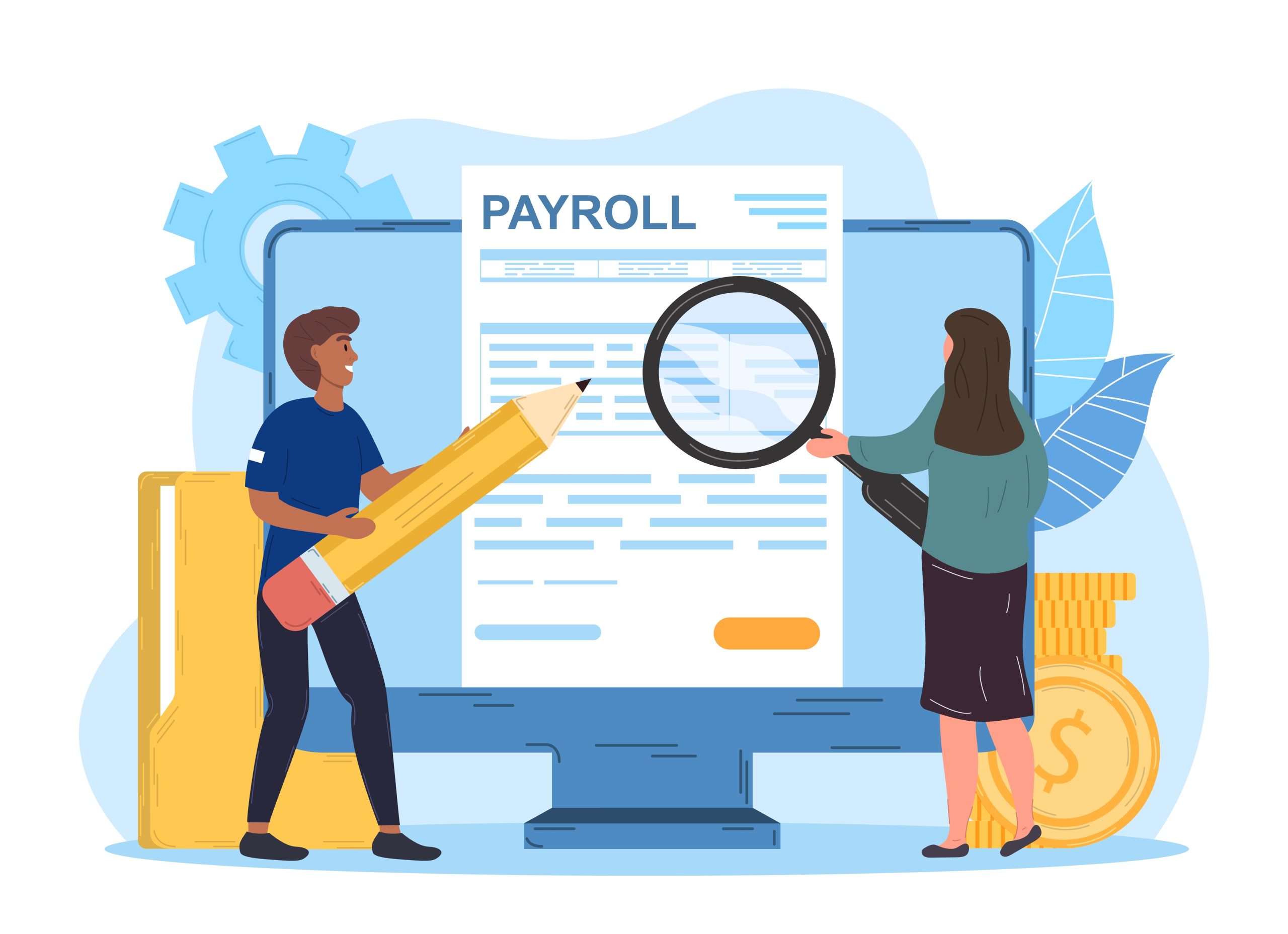The payroll software industry has been booming in recent times, with many businesses finally acknowledging the numerous benefits it has to offer when compared to in-house payroll. However, for newcomers, choosing payroll software may come with unanswered questions and confusion about where to start or what to look for.
Whenever you’re choosing payroll software, you should bear a few things in mind to ensure your purchase finds the right solution for your payroll needs and expected outcomes. While there are some standard features you need to consider when choosing your payroll software (which you might be already aware of), there are some other considerations you need to make which is unique to your company and the industry you operate in. To know more on that, read this before choosing your payroll software.
Number Of Companies
If your company runs payroll for several companies, you should analyze how many companies or clients you will need to process payroll for. You will also need to ensure that the payroll software you’re purchasing has an approved license for the required number of companies.
On the other hand, if you want the payroll software just for your company which can allow multiple users to access it from a local or remote network, make sure the software package you choose allows this and has a license to do so.
Number Of Employees
Many cloud payroll solutions are priced according to the number of employees payroll should be processed for. So it’s important to have the approximate number of employees in your company before choosing software.
Answering “how many employees do you need to process payroll for this year?” including seasonality and estimates on new recruits, can help you arrive at a rough figure on how many employees your company needs to process payroll for.
It’s also good to include a rough estimate of how many employees will leave, as their details will have to remain in the software until a legally-defined period and be included in the year-end reports.
Legal Compliance
Multi-country payroll is becoming increasingly common as the world is turning into a global village. This is why companies now increasingly demand global payroll solutions. All multi-country payroll processes are bounded by the payroll laws of a given country. So if your company has a multi-country payroll, you should make sure the software has the capacity to be legally compliant according to the countries your employees are from. For example, in the UAE and many other countries in the MENA region, companies should comply with the WPS system. This means you would want to make sure the chosen software can process payroll timely as per the period defined by the WPS.
Payroll Frequencies
Depending on your company and its policies, how often you need to pay employees may vary. For example, your company can be paying employees weekly, monthly, bi-weekly or even hourly. In some instances, you might have some employees who are paid monthly, whereas some are paid weekly. All these payroll frequency differences are worth considering when you choose your payroll software.
And if your company is manually calculating holidays, make sure your payroll software can track and calculate annual holidays. This will help you utilize the software much more effectively in streamlining your payroll process.
Level Of Analysis Required
Depending on the nature of your business and industry, your payroll may require different levels of analysis for decision-making. For example, you might need to analyze payroll costs across different departments or assign various payroll tasks to different cost centres in your business. Depending on what you need, make sure your software can handle the level of analysis you expect from the software to help you produce accurate and well-structured reports.
Type of Integration Required
There may be instances where an accounting package or HR system relies on information from the payroll software. So to better streamline this dependency, you may have to link your payroll software to these systems. That way, employees can easily import information from or to the payroll software whenever necessary, efficiently. So make sure to check with your payroll software supplier on what kind of integration or import feature they can facilitate for you, before choosing one.





